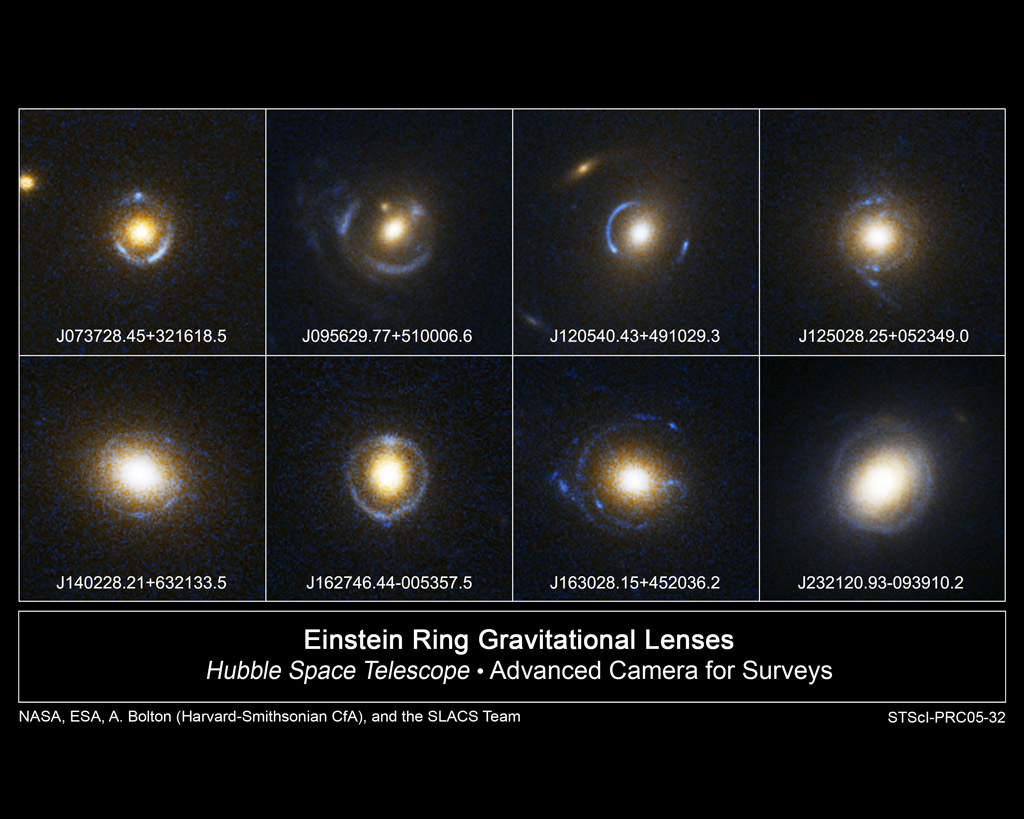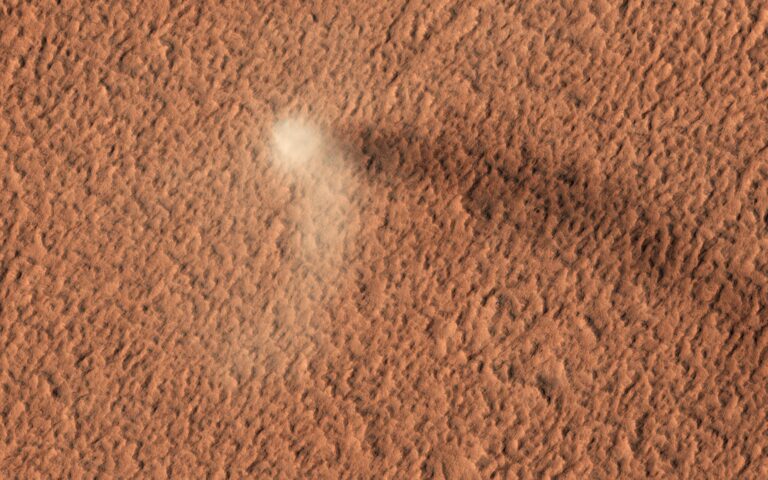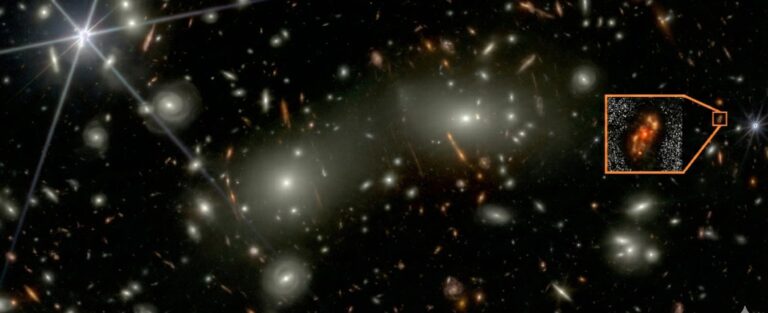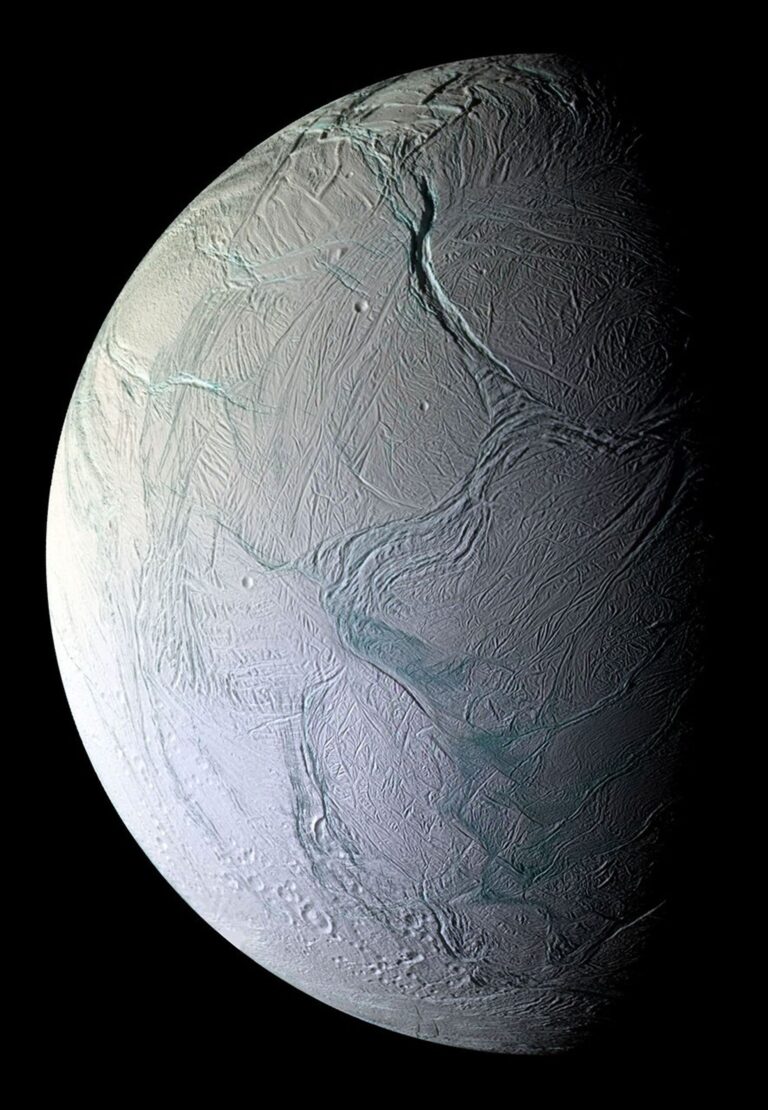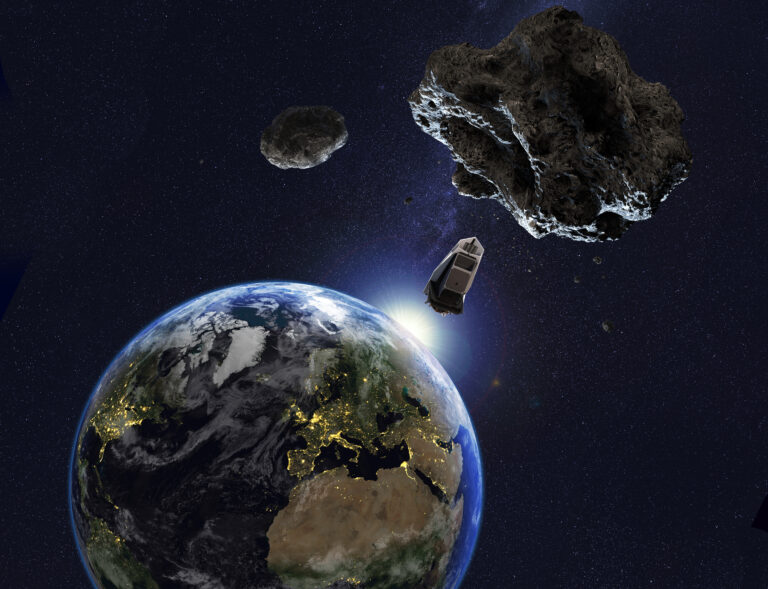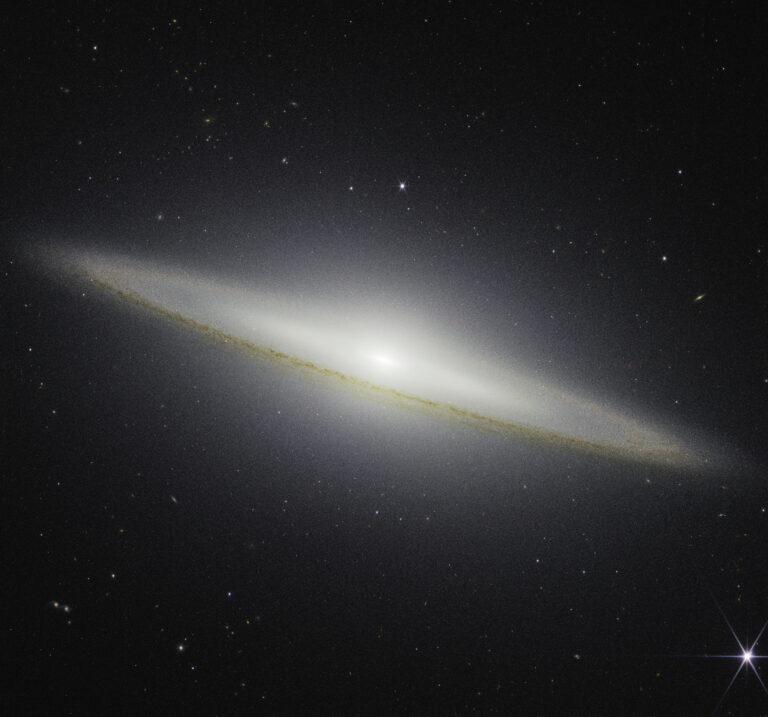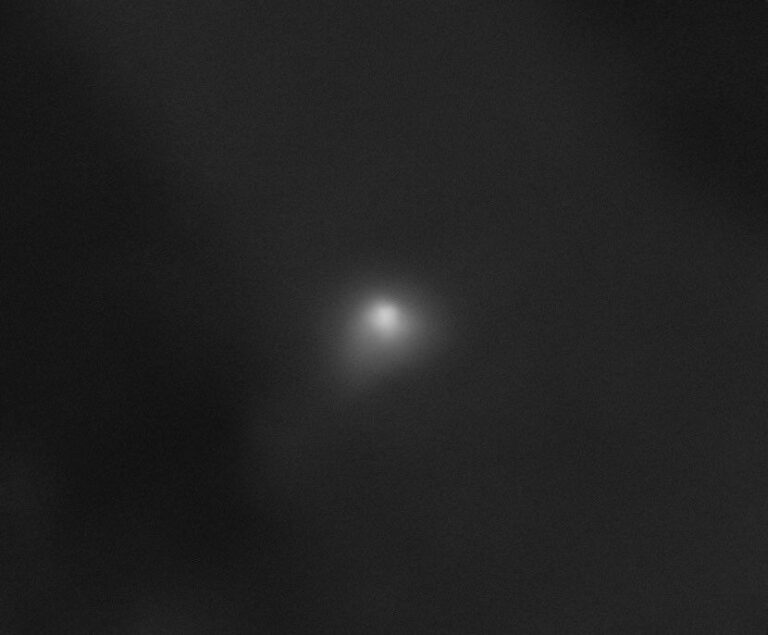Key Takeaways:
- Gravitational lensing, caused by the warping of spacetime by massive objects, bends the light from distant galaxies.
- This phenomenon allows astronomers to observe more distant galaxies than would otherwise be possible.
- Gravitational lensing acts as a tool for mapping otherwise invisible structures in the universe.
- A simple analogy using a wine glass and a light source can demonstrate the basic principles of light bending due to gravitational lensing.
To better understand this amazing phenomenon, it’s possible to re-create some of its effects using household items. All you’ll need is a pinpoint light source, such as a halogen desk lamp, and a wine glass. Simply look through the base of the glass toward the lamp from a few yards away, and observe as the base’s rim arcs, smears, and perhaps even multiplies the light. Here, the curved glass acts as an analog to the gravitationally warped space (so the star, or nearer galaxy, in terms of Villard’s examples), with the lamp acting as the distant light source. If you align the wine glass perfectly, the lamp’s light will form a ring around the glass base, forming the equivalent of an Einstein ring.
Naturally, distorting a lamp’s light in a wine glass is fundamentally different from distorting a galaxy’s light around a massive object, but the effects are largely the same. For an idea as complicated and powerful as gravitational lensing, it’s nice to be able to get a “grasp” on a similar idea; and whenever the cosmos proves too overwhelming to comprehend, perhaps the contents of a wine glass might prove similarly useful.

